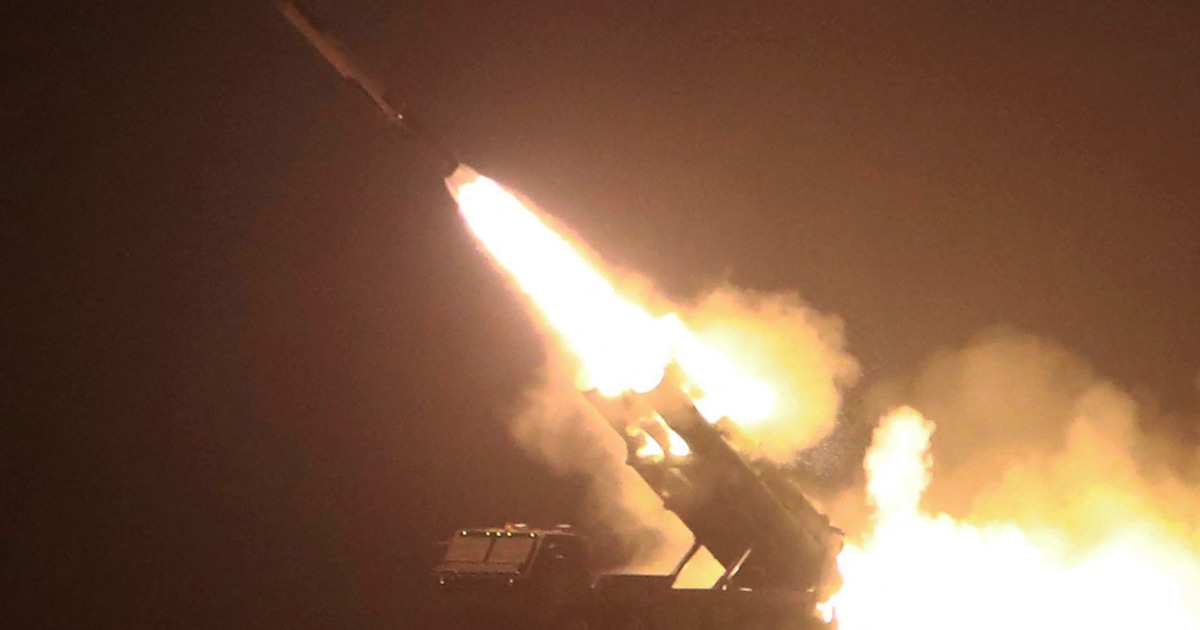North Korea Claims Test of Submarine-Launched Cruise Missiles

The Spin
Establishment-critical narrative
Although the US and its allies blame Pyongyang for rising tensions, there is no doubt that Washington bears primary responsibility for having led diplomatic relations to a dead end, especially since the Biden administration switched back to a confrontational course following Donald Trump's efforts to de-escalate through negotiations. By fueling the conflict to forge closer ties with Japan and South Korea to increase its military footprint in the Indo-Pacific region, the US risks an incalculable escalation.
Pro-establishment narrative
It's time to acknowledge that the strategy of persuading Pyongyang to make concessions through a policy mix of negotiation and deterrence has failed. Instead, Washington should resort to a strategy that has already proven successful and aim to collapse the regime from within via a media campaign to educate North Koreans about the country's desolate human rights situation. A rising population is the best way to achieve complete, verifiable, and irreversible denuclearization.
Metaculus Prediction
There is a 14% chance that North Korea and South Korea will be recognized as a single sovereign state by 2045, according to the Metaculus prediction community.



